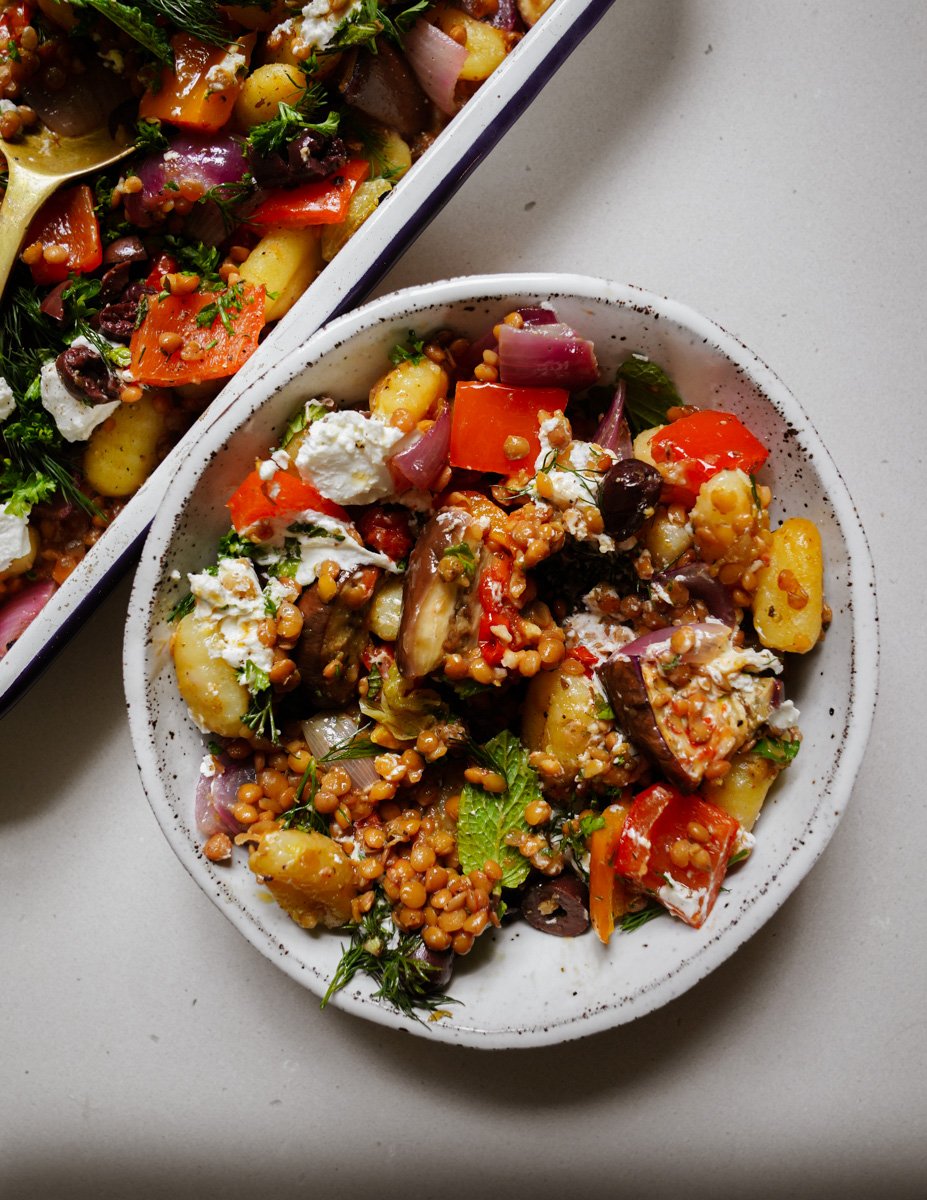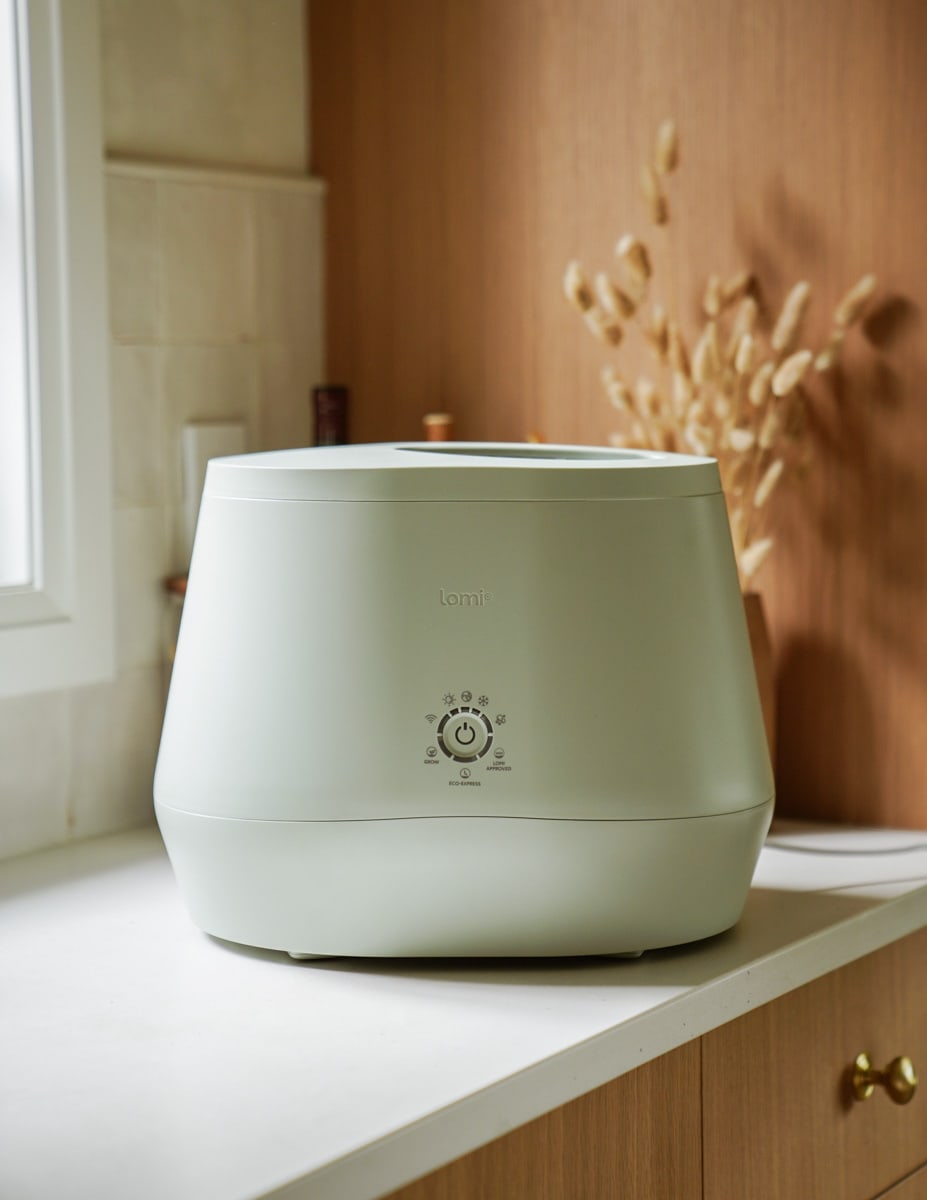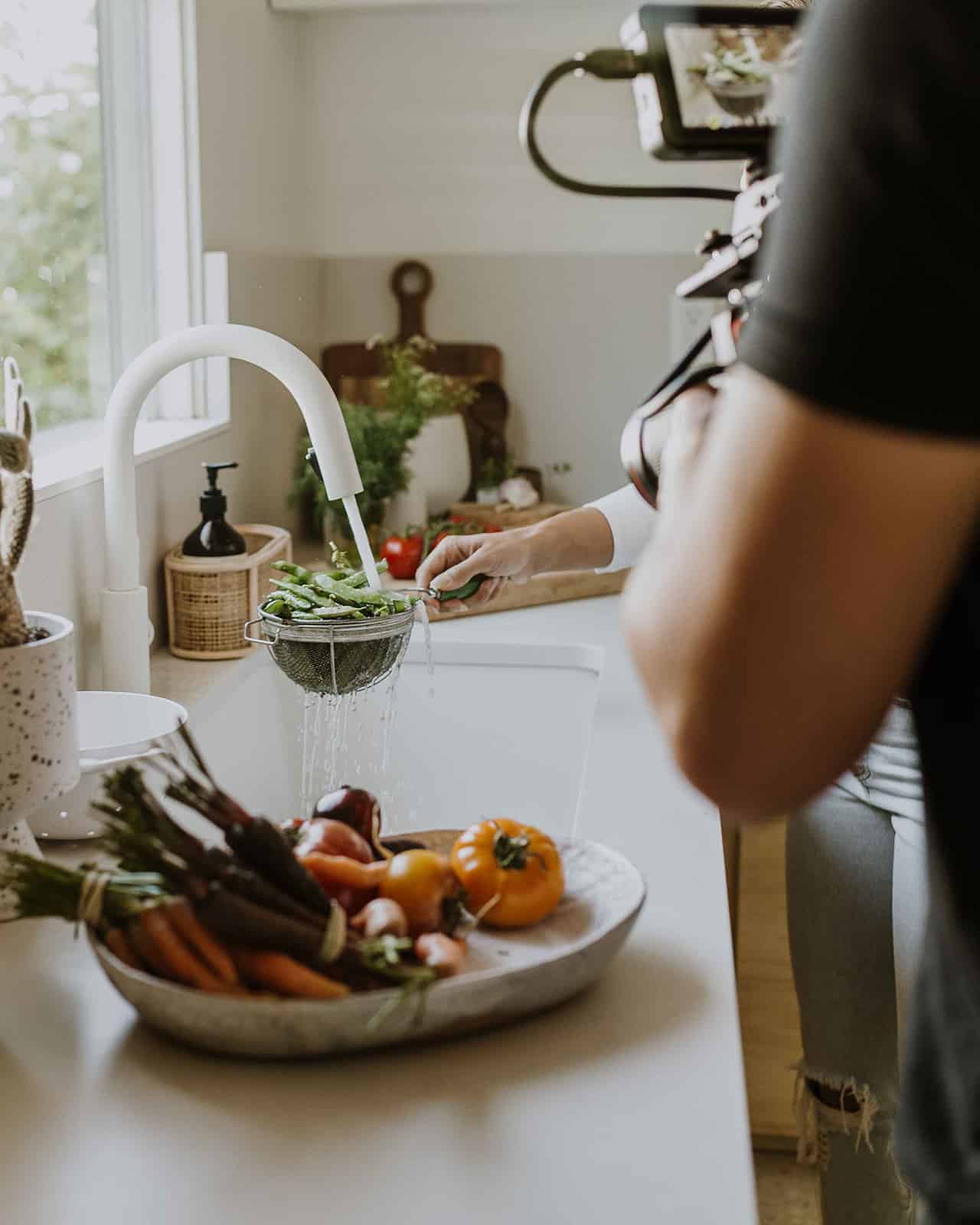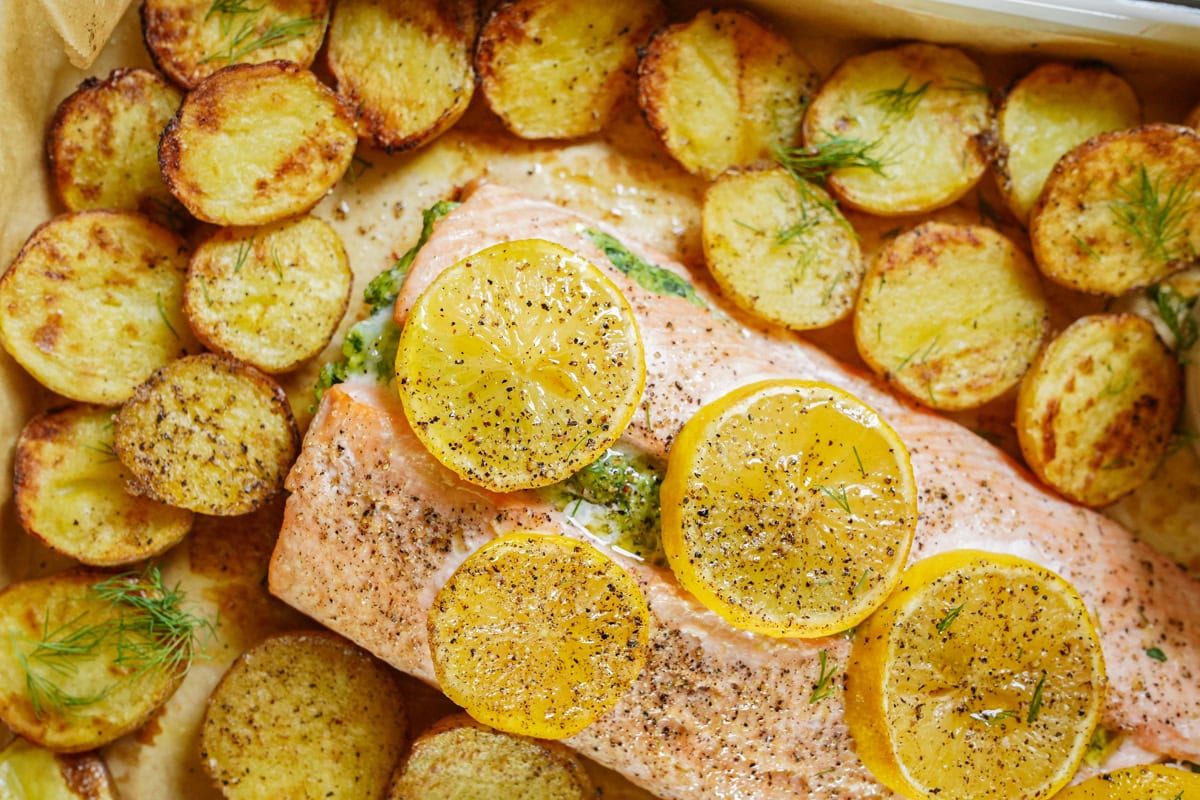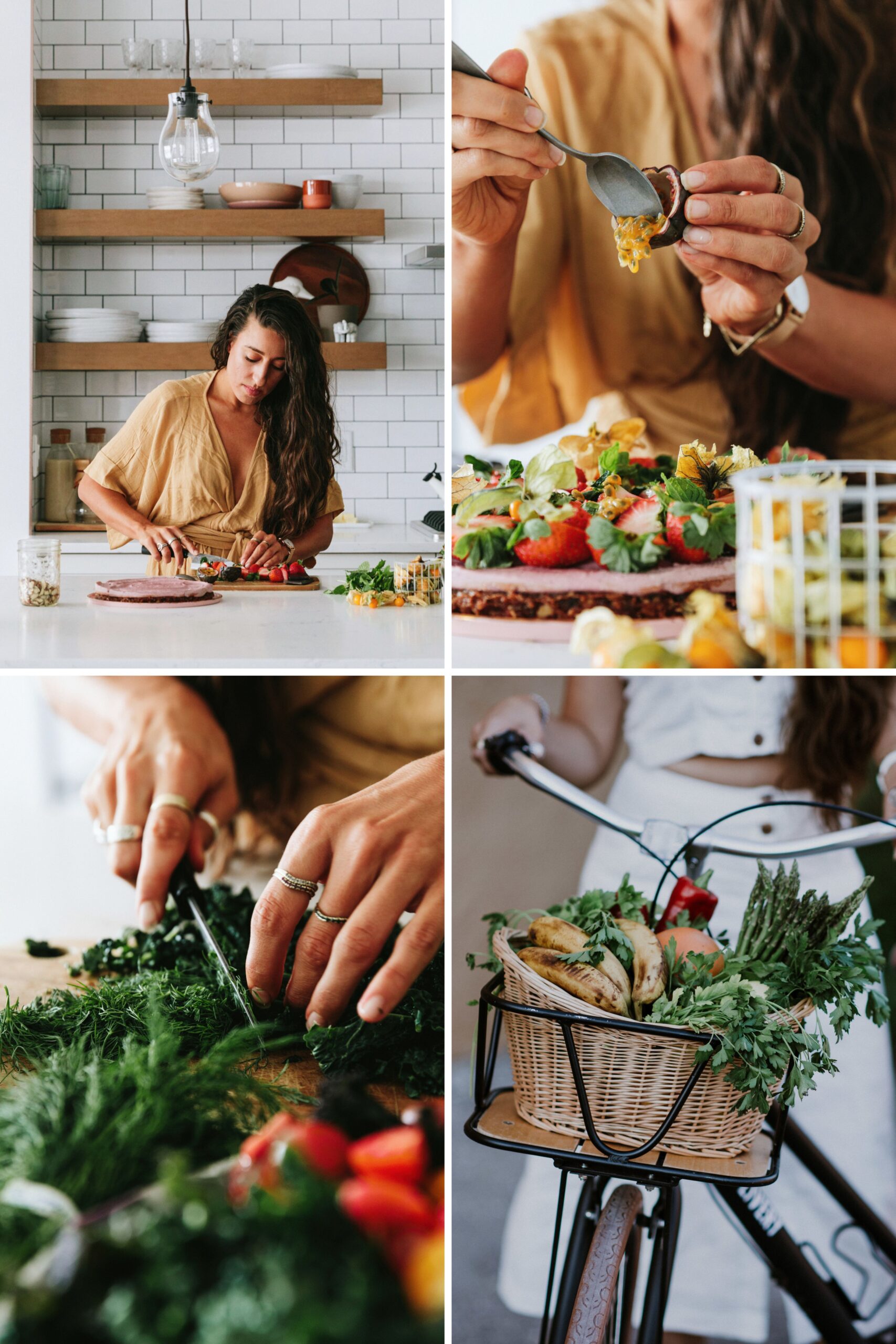Lifestyle
6 Mistakes New Food Bloggers Make

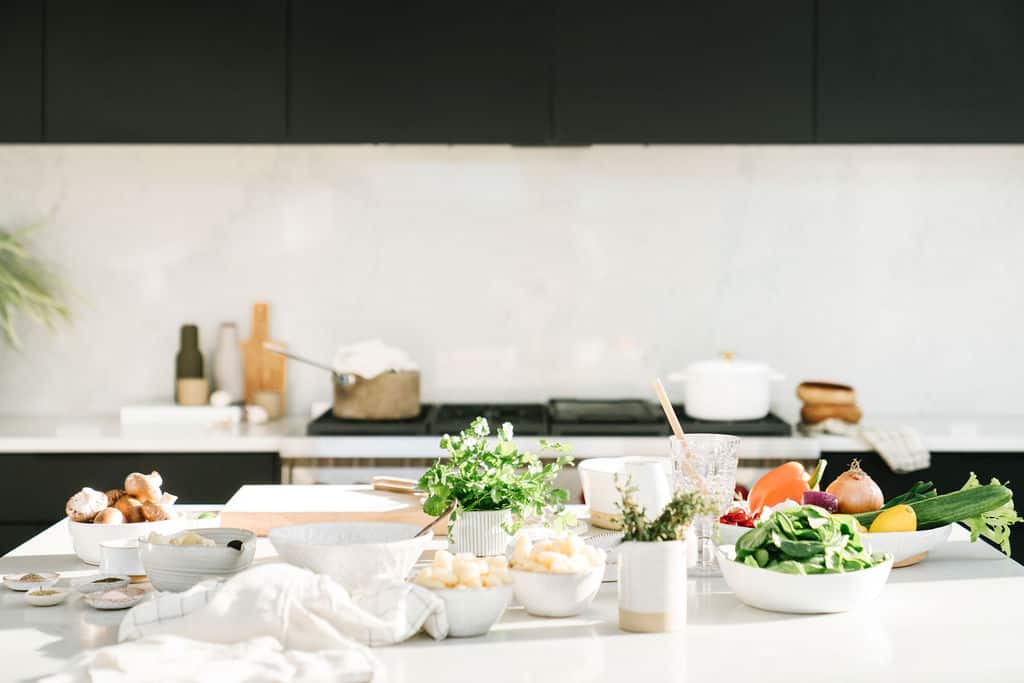
The biggest mistakes food bloggers make
Not writing the way you talk
Finding your voice as a writer can be weird and challenging for people. We are often our toughest critic and putting content out in the world can be extremely intimidating. But one of the biggest things that set good food bloggers apart in the crowd is just being your damn self.
Yep, you heard me. Write the same way you would talk. Don’t try to be too formal, or don’t try to sound like everyone else. If you’re a laid back person, write that way. If you are a jokester, add humor in your writing. This will help you really add your own personality into your writing and not just sound like a boring book someone could buy, but make your reader feel like they actually know you.
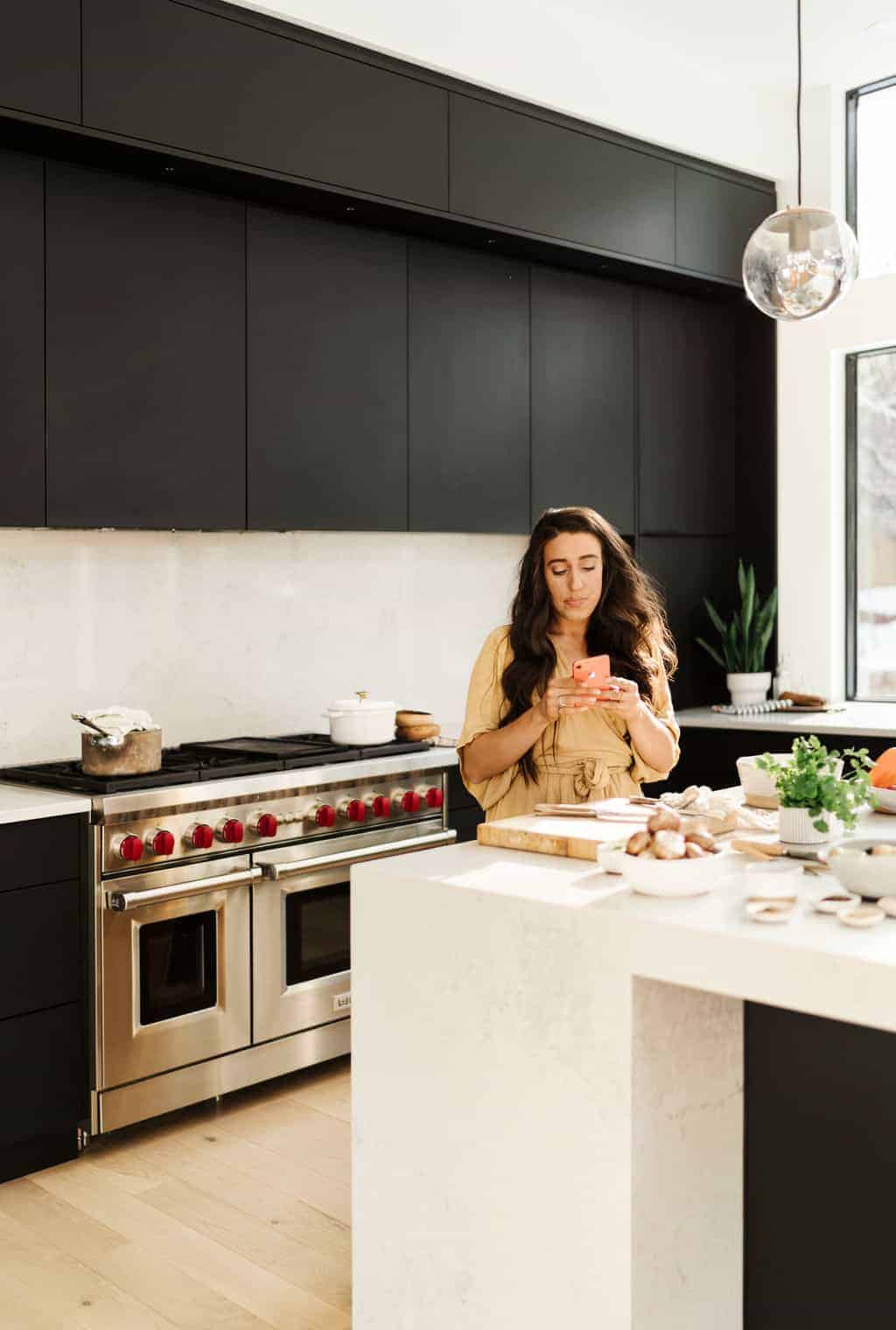
Not editing or proofreading
This may seem like a no-brainer, but the amount of people I see that just want to throw content out into the interwebs as quickly as possible that don’t take time to proofread is crazy. Take 15 minutes to read over each and every piece of content you put out there because if you don’t catch those errors, readers definitely will. Showcasing yourself as someone who cares and takes the time to put their best foot forward really goes a long way. Who’s going to listen to what you have to say if every third word is a spelling or grammatical error?
I love Grammarly for this. It proofreads for you as you write and can be really helpful!
You are playing a game of copy cat
We all remember in school when we were younger, and there’d always be one person in your class that took something straight off the internet versus putting it in your own words. Nothing good ever came from it did it? The same goes for years down the road. Don’t plagiarize other people’s work, and make sure that you are citing anything you reference that is not yours. It’s okay to use other people’s ideas or facts, but just make sure to give them the credit they deserve.
Not listening to your audience
As you grow your audience, no matter how big or small it is, it’s important to learn and understand their wants and needs. Are they looking for fresh and easy? Comforting? Vegan? Vegetarian? Family-friendly? What are you delivering that they love? What don’t they love? The best food bloggers out there aren’t afraid to receive feedback and are willing to alter or pivot to deliver the content that performs the best for their audience. Don’t ignore your analytics. The proof is in the pudding!
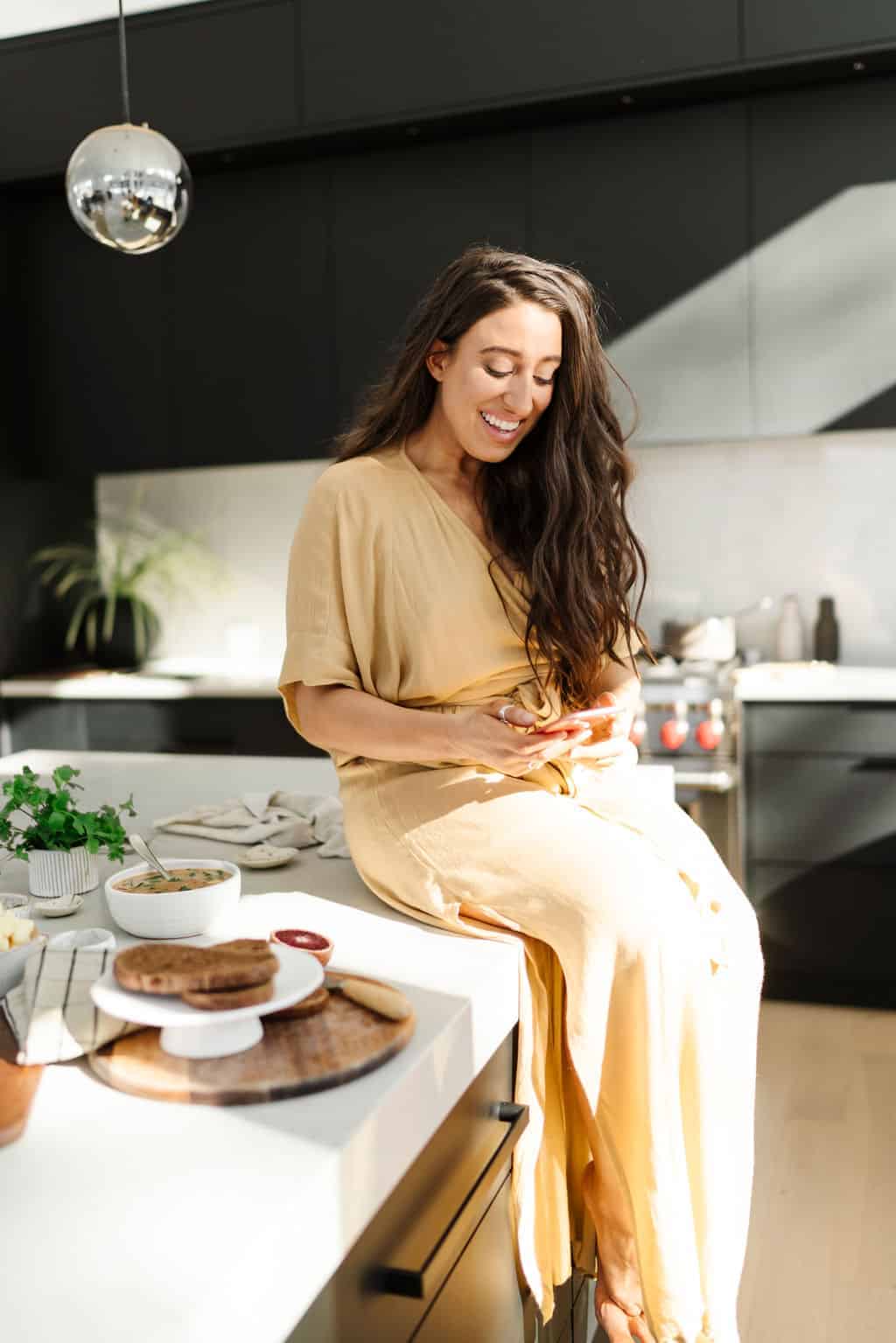
Lack of organization
Part of being a food blogger, or any blogger, is that you need to be organized in order to create consistent content for your audience. You also want to have some sort of format and template that you follow when delivering this content. This will help you build a unified brand. How do you want your blog posts to be formatted? Take a look at some of your favorites out there, or your competitors, to get a sense of what you like and don’t like about their posts. Again, don’t be afraid to ask your audience as well.
By having a format that is consistent, your audience will know how to navigate your blog better and know what to expect. Within your format guide, you should also make sure you’re thinking of SEO best practices in order to ensure your content is being optimized for your audience to find you.
Not being consistent
One of the biggest things of being a successful blogger and seeing growth is to be consistent. It’s seriously key. Even if you start with a small audience and you feel that you are putting in a lot of work for very little return, believe me, the only way you’ll grow is if you stick it out and keep delivering content. Determine how much content you can create in a week and stick to that schedule. Maybe it’s only once a week, every Monday, maybe it’s twice a week, hey, maybe it’s every day. Whatever works for you, pick a frequency and stick to it.
The basics to help you be a bomb food blogger
- Use WordPress to host your website. It’s seriously the best platform that lets you be as creative (or uncreative) with your web design as you’d like. No matter what your level of tech-savviness is. WordPress is 110% the way to go
- Choose a good host to host your website on. This will be where you host your domain name (for example, mine is foodbymaria.com). Look at the different options and determine what is the best option for you
- Don’t invest too much in the design. You want your blog to look great, but in the beginning, lean on using a cheap and cheerful WordPress theme. Once you work out the initial things like your voice, audience, etc., then you can look into spending the big bucks on a designer
- Start a mailing list ASAP. This shouldn’t be something you put off. Gather this info from your audience as soon as you launch. Even if you aren’t sending consistent emails out right away.
- Invest in learning about SEO. SEO will help your site grow. If you don’t have the dollars for an SEO expert, there are a ton of free tutorials and resources online, and even free widgets through WordPress you can add to your blog that are super user-friendly.
- Ask yourself the big questions. Don’t forget to think about yourself from a business angle. Can this content you are creating be found anywhere else? What is making you unique? What will keep people on your site? The list goes on.
Helpful resources:
- 21 Blogging Mistakes to Avoid
- 7 Mistakes You Shouldn’t Make as a New Food Blogger
- Essential Food Photography Tricks
- Food Photography Tips for Props & Lighting
Good luck and let me know if you have any lessons learned or questions in the comments!
